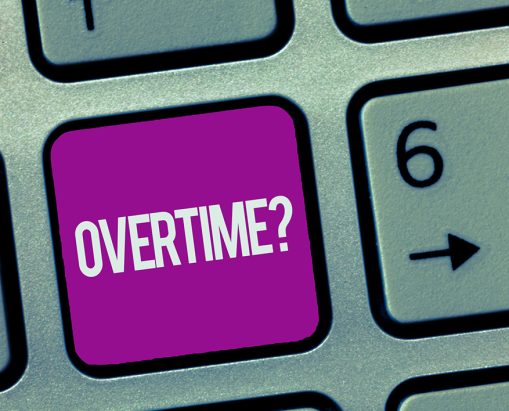
As we often discuss with clients, correctly classifying employees as exempt or nonexempt is of critical importance. A recent United States Supreme Court case, Helix Energy Sols. Grp. v. Hewitt (2023), provides a textbook example of the perils of misclassification.
The employee, Michael Hewitt, worked on an offshore oil rig, and typically averaged 84 hours of work per week, working 12-hour days for 28 straight days, before having 28 days off work. Mr. Hewitt was paid a daily-rate and earned over $200,000 annually. His employer classified him as an executive employee exempt from overtime compensation under the federal Fair Labor Standards Act (“FLSA”).
Under the FLSA, as under the California wage order exemption tests, in order to qualify as exempt, one of the criteria the employer must meet is that the employee in question must be paid a fixed salary that does not vary based on the amount of time worked in the workweek (salary basis test).
There was no dispute that Hewitt met the other criteria under the executive exemption. However, the Court found that Hewitt was not exempt from the FLSA because he was paid a daily-rate instead of a weekly salary, (and thus, he was not paid for days he did not work). As such, Hewitt was improperly classified as exempt and, as a result, was owed overtime wages. The fact that he had been paid over $200,000 annually was irrelevant.
This decision serves as an important reminder to all employers to be sure to confirm that all employees classified as exempt do, in fact, meet all of the criteria necessary for the applicable exemption. Improperly classifying an employee can leave an employer on the hook for unpaid overtime wages, as well as other wage and hour penalties.
Related practice team: Labor and Employment


